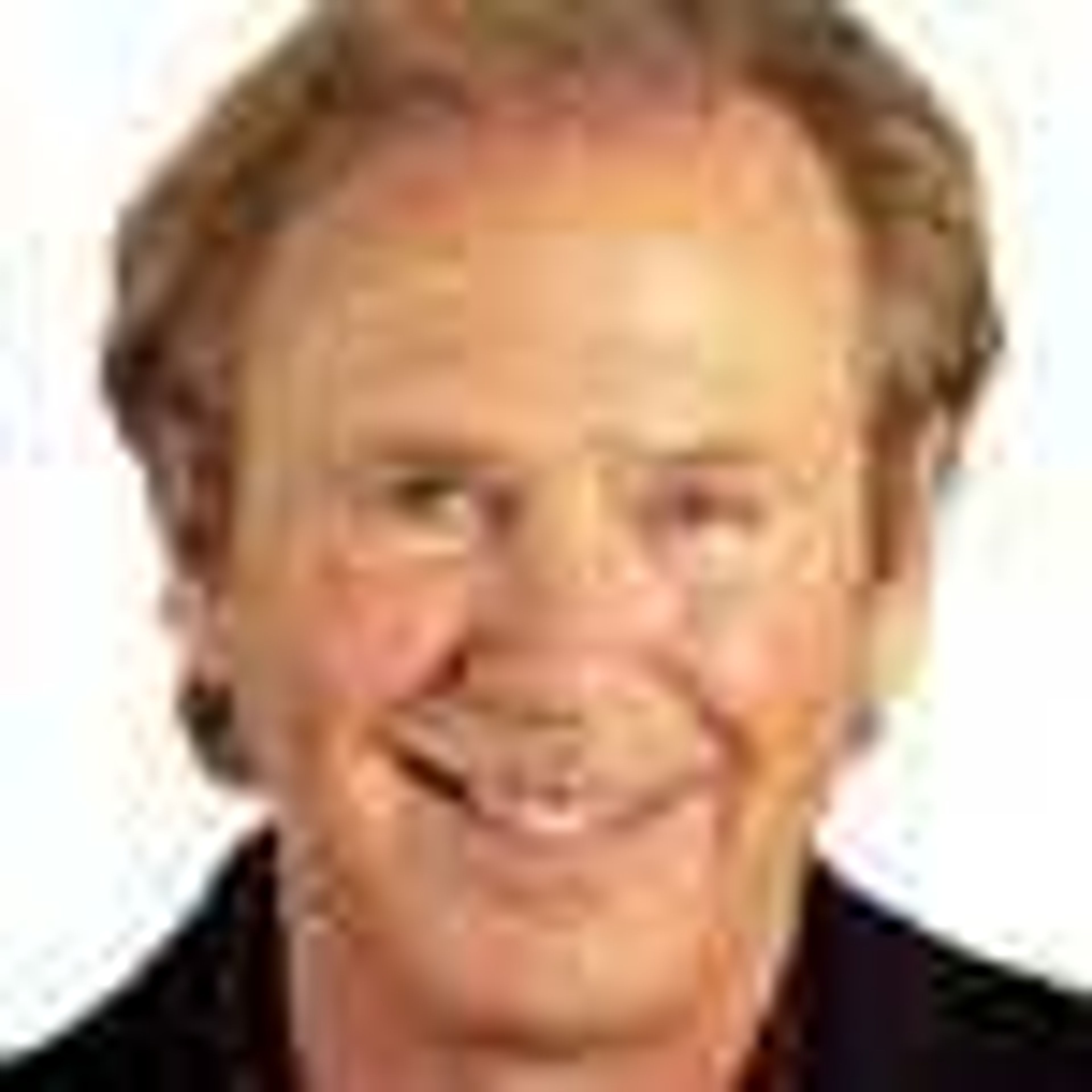Developing 'strategic resilience'
Developing 'strategic resilience' I am not the most ambitious guy on the block, but I have known my share of rank ambitions. As a boy, I was wild-eyed in my desire to beat my sister Christy in the horse race that spontaneously erupted between us whenever we entered the lane leading back to the barn. I never realized that one...
Developing 'strategic resilience'
I am not the most ambitious guy on the block, but I have known my share of rank ambitions. As a boy, I was wild-eyed in my desire to beat my sister Christy in the horse race that spontaneously erupted between us whenever we entered the lane leading back to the barn. I never realized that one.
(Her pony was named "Go Boy," mine was "Sugar Queen"; you do the math.) I then turned my sights on becoming the Southeast Missouri Hula Hoop Champion in that hoop-crazed summer of 1959. I succeeded, dressed in a clown outfit and balancing on a "bongo board," even beating that same sister who was wearing some tacky cowgirl outfit.
Thankfully, I have moved on from those ambitions to more mature ones; some realized, some not.
My newest ambition? Successful aging ... with this column often serving as my research tool for that aspiration.
Mostly, I have found myself focusing on the physical as the means to increasing our health span. A recent study that came across my desk contradicted any such singular focus.
The research, presented at last month's meeting of the American College of Neuropsychopharmacology, studied 500 people over the age of 60 and found that low levels of disease and disability -- traditional medical markers for successful aging -- were not the best predictors.
According to lead researcher, Dr. Dilip Jeste: "Optimism and effective coping styles were found to be more important to aging successfully than traditional measures of health and wellness. These findings suggest that physical health is not the best indicator of successful aging -- attitude is."
The report singles out the ability to "roll with the punches" -- what psychologists call "resilience" -- as one of these attitudes that are very supportive of successful aging.
A September 2003 Harvard Business Review article explored an interesting concept called "strategic resilience" and claimed that businesses need to develop in order to stay relevant in these fast changing times. It struck me as a relevant paradigm for those of us who are trying to age successfully.
Strategic resilience requires agility and flexibility, staying light on our feet so that we can see change before the case for change becomes desperately obvious. We must be wary of getting "stuck in our ways," and be aware of new strategies and approaches, as well as ways to reallocate resources to them. What usually prevents people from developing good resilience strategies, according to these authors, is the human foibles of denial, nostalgia and arrogance. These are what I would call "blinding character traits." qualities that prevent us from being productively responsive to change and from appreciating the benefits of change.
There are no two ways about this one: The longer you live, the more doo-doo storms you weather. You can either be worn down by them or benefit from all of this experience.
A patient I worked with for many years taught me one of the best strategies I know of for maintaining the attitude of resilience in our lives. At 60, he had gone through a really tough patch in his life and was fast giving into feeling like a victim. One day, he showed up in my office and announced that he had finally found his exit pass from victimhood. "Anytime I encounter some setback, something that goes against me, I will realize that it is not being done to me, but for me."
This simple shift in attitude made a powerful difference in his life. He started learning from his life instead of being beleaguered by it. Try it. You will see what resilience feels like. And I promise you, it does not feel old.
Dr. Michael O.L. Seabaugh, a Cape Girardeau native, is a clinical psychologist who lives and works in Santa Barbara, Calif. Contact him at mseabaugh@semissourian.com.
Connect with the Southeast Missourian Newsroom:
For corrections to this story or other insights for the editor, click here. To submit a letter to the editor, click here. To learn about the Southeast Missourian’s AI Policy, click here.










